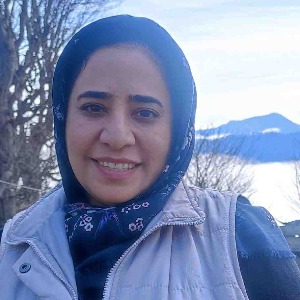Abstract:
Introduction: The integration of smart room technologies into palliative oncology care has the potential to enhance patient comfort and overall care quality. However, acceptance and utilization of these technologies can vary significantly based on cultural contexts and individual differences. This study explores how cultural values and personal factors influence the adoption of smart room technologies among cancer patients receiving palliative care.
Methods: This qualitative study employed thematic analysis to explore participants' perspectives. Fifteen primary caregivers of cancer patients receiving palliative care were purposively selected from multiple healthcare facilities across Tehran. Each participant was a family member responsible for the patient’s continuous care, supported by other relatives. Data were collected over three months, with analyses focusing on cultural backgrounds, individual preferences, and levels of technology acceptance.
Findings: Participants emphasized the importance of both patient and family well-being as equally critical. Maintaining privacy while ensuring timely awareness of the patient’s condition and the ability to intervene promptly was a key concern. Many Iranian caregivers expressed a preference for patients to spend their final days at home, and some viewed smart technologies as tools that could simplify home-based care. Nevertheless, others perceived excessive reliance on technology as unnecessary, favoring more traditional, non-digital caregiving approaches. Aesthetic concerns—such as the visual integration of devices into home settings, ease of use, and environmentally conscious design—were also highlighted. Given the terminal phase of illness, spiritual and religious rituals (e.g., patient orientation towards the Qibla, access to religious prayers) were considered important. Technologies that facilitated family connections garnered particular interest. However, economic constraints were the most frequently cited barrier to accessing such technologies.
Conclusion: Understanding cultural and individual differences is crucial for the effective implementation of smart room technologies in palliative care settings. Tailoring these technologies to align with diverse cultural values and personal preferences can enhance patient engagement and improve care outcomes.
Keywords: Primary caregiver, Cancer patient, Palliative care, Health-enhancing smart home, Culture.



